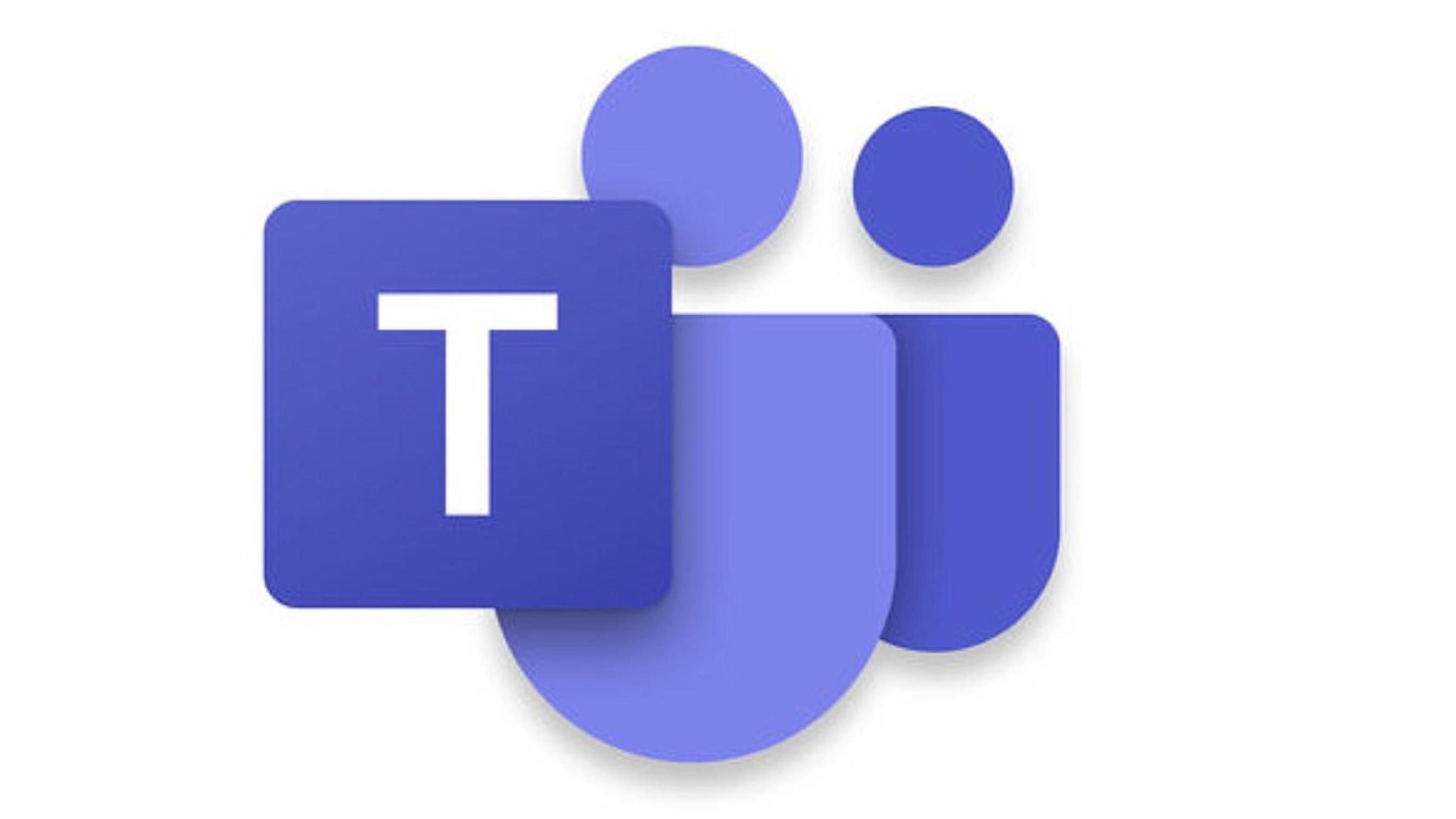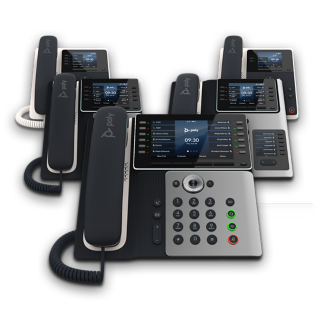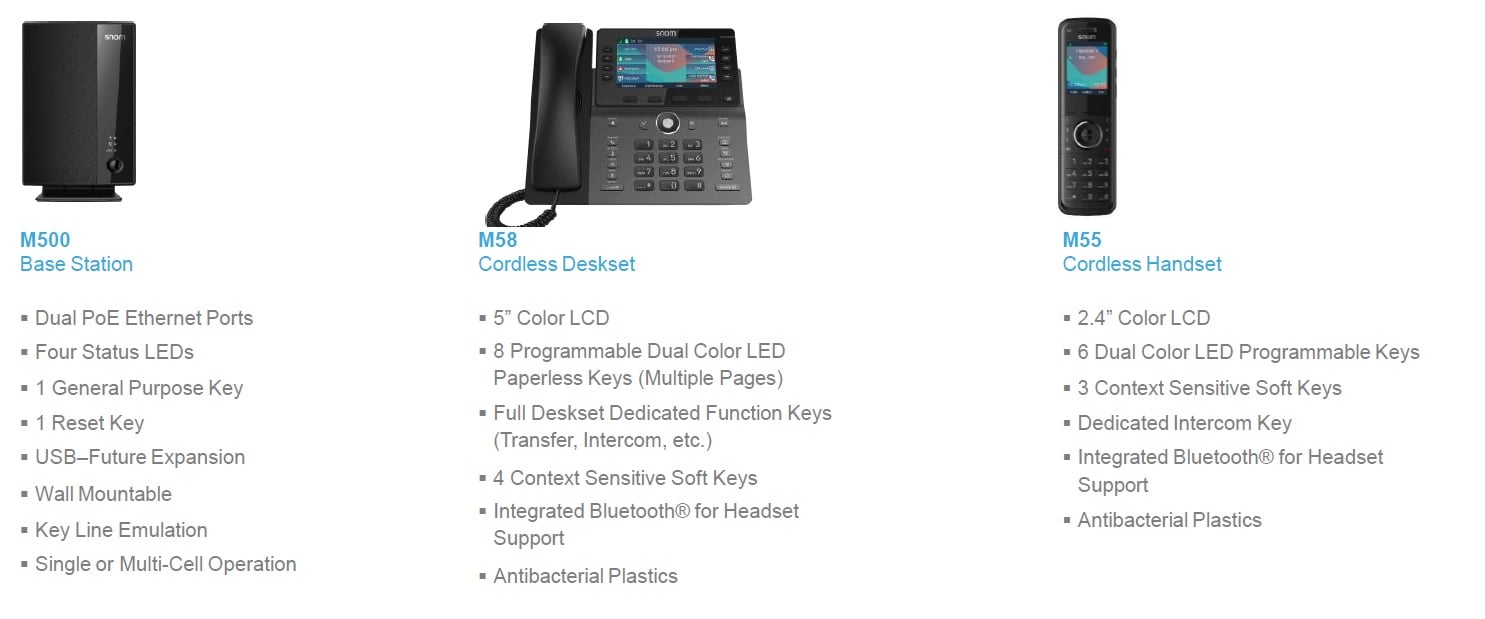
Is anyone truly tied down to their work desks anymore? It seems that increasingly organizations are finding ways to keep their employees moving—whether that’s traveling to conferences with partners and stakeholders or simply on-the-go during sales calls. Mobility is the name of the game in today’s bustling work environment.
And this dependence on mobility and the desire to incorporate more accommodating technologies in the workforce is for good reason. Mobile business tools enable workers to feel liberated and therefore become more productive as they can access important applications and information from their personal devices, on their own time. Whether it’s a desire for more remote working capabilities or easier ways to stay connected to calls and messages coming in to their desk phones while they’re away, employees want more mobile access to office tools.
Thankfully, today’s telecommunications providers are responding to this demand for mobile and providing more robust, comprehensive tools, like softphones. In fact, according to recent research the telecom application programming interface (API) market is expected to reach $323.44 billion globally by 2022, representing a 23.6 CAGR from this year. API services enable telecom service providers to create game changing business communication applications that workers can use to stay in touch on-the-go.
This growth in the telecom API market suggests a rise in mobile and remote working as time moves forward. So it would seem that in order for businesses to maintain a cutting-edge communications system, mobile technology must be a key element in creating a forward-thinking strategy.
Implementing a mobile-friendly communication strategy is easier than one might imagine. In fact, technologies such as the aforementioned client for smartphones or softphones are quite simple to implement and operate given you choose the right telecom provider.
Your mobile communication strategy should enable you to:
Increase productivity
When employees can leverage their office phone number from their personal devices (from smartphones to laptops to tablets) they’ll be less likely to experience productivity setbacks caused by a jammed voicemail box, important missed calls or audio and Web conferences. Clients for Smartphones and softphones enable employees to be accessible at their office extension 24/7 whether they are in or out of the office. As such, employees never miss a beat and keep the flow of business going steady at all times.
Reduce employee turn-over
A mobile employee is a happy employee. That is, employees that feel as though they have the tools to succeed as well as the freedom to engage in business communications from their personal devices are more likely to be satisfied. For instance, imagine being a sales agent who is constantly on the road going to client meetings. In this situation it’s inconvenient and a personal cost center to constantly provide one’s cell phone number to both client and colleagues so they can keep in contact on the road. With a softphone or client for Smartphone, agents can provide just one number, their office number, and save on mobile call costs and preserve their privacy.
Reduce telecom expenses
VoIP communications enable businesses to significantly reduce telecom costs. Rather than providing your employees with mobile work phones that can ultimately become a large cost center, these technologies allow employees to integrate best-in-class phone system applications straight onto their personal devices. You’ll avoid spending on physical mobile phones and the actual call costs, as IP telephony doesn’t require the same costly management and upkeep as legacy telephony.
So don’t get left in the dust, make sure you have what it takes to come out on top in the age of the mobile worker.























